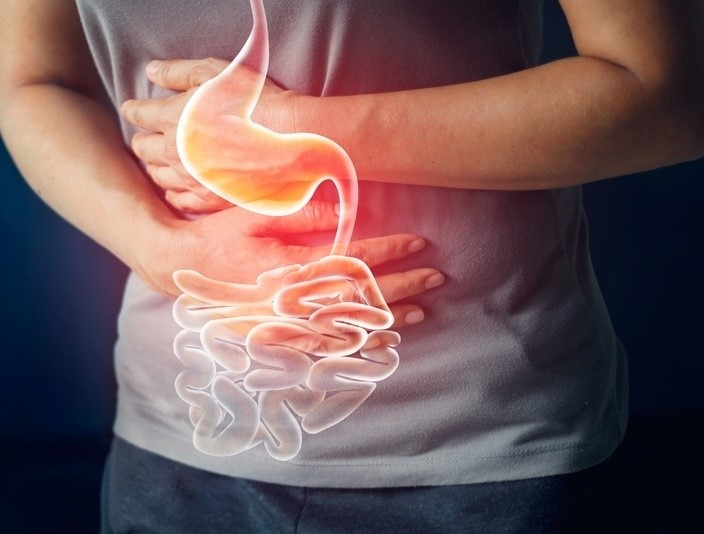
Diarrhoea: what it is, what can cause it and how to intervene
The term diarrhoea designates the emission of liquid or semi-liquid stools. It most often manifests itself in several daily discharges, but can also occur in a single evacuation
Although the subject may seem alien to the world of care and rescue, diarrhoea can represent a serious health risk for a debilitated patient, due to the significant and massive loss of liquids that it causes.
Talking about diarrhoea implies dealing with topics such as hypovolaemia, infections and parasitosis.
About the need to give the patient an IV or not.
And also what medication the patient needs.
What is diarrhoea?
Liquid stools are due to excessive intestinal peristalsis leading to insufficient absorption of liquids.
In most cases diarrhoea disappears within a few days.
If it lasts longer, it may be an indication of a more important disorder.
Diarrhoea sometimes affects people travelling through countries where sanitary conditions are poor and where it is possible to ingest contaminated water or food; this condition is known as traveller’s diarrhoea.
What are the causes of diarrhoea?
There are several underlying causes:
- Viruses, including Cytomegalovirus and Rotavirus.
- Bacteria, including Campylobacter, Salmonella, Shigella and Escherichia coli.
- Parasites, such as Giardia lamblia and Cryptosporidium.
- Medications, such as antibiotics.
- Food intolerances, e.g. lactose intolerance.
- Disorders such as Crohn’s disease, ulcerative colitis, celiac disease, irritable bowel syndrome.
What are the symptoms of diarrhoea?
Signs and symptoms associated with diarrhoea may include:
- frequent, liquid stools
- blood in the stool
- abdominal cramps
- pain in the abdomen
- fever.
How to prevent diarrhoea?
Prevention can be useful:
- Wash your hands often and make sure that children do too.
- Wash hands, work surfaces and kitchen utensils several times during food preparation to prevent the spread of germs.
- Avoid leaving food at room temperature: this can encourage the growth of bacteria.
To prevent traveller’s diarrhoea, eat only well-cooked food, avoid raw fruit and vegetables, avoid raw or undercooked meat and dairy products.
Only drink water and soft drinks served in packaged bottles; avoid tap water and ice cubes.
Use bottled water also for brushing your teeth.
Read Also:
Emergency Live Even More…Live: Download The New Free App Of Your Newspaper For IOS And Android
Pinworms Infestation: How To Treat A Paediatric Patient With Enterobiasis (Oxyuriasis)
Intestinal Infections: How Is Dientamoeba Fragilis Infection Contracted?
Gastrointestinal Disorders Caused By NSAIDs: What They Are, What Problems They Cause
Intestinal Virus: What To Eat And How To Treat Gastroenteritis
What Is Proctalgia Fugax? Symptoms, Causes And Treatment
Internal And External Haemorrhoids: Causes, Symptoms And Remedies
Haemorrhoids: The Newest Tests And Treatments To Treat Them
What Is The Difference Between Haemorrhoids And Fissures?
Blood In The Stool: What Causes It And What Diseases It May Be Associated With
A. Resistant Bacteria: The Important Discovery Of Australia
Infection With Carbapenem-Resistant Enterobacteria


